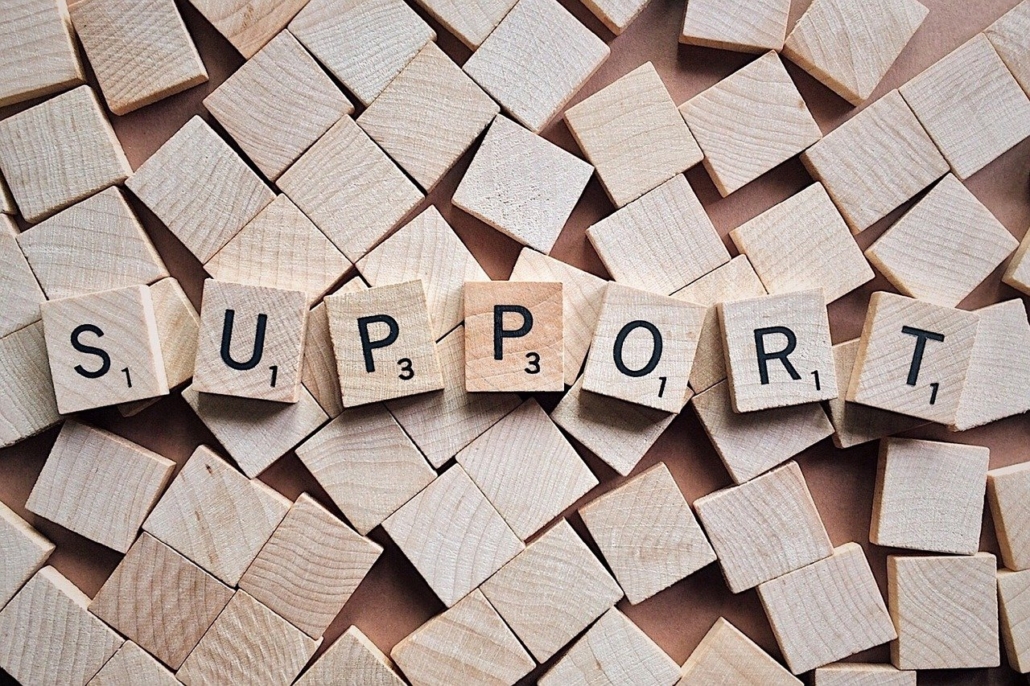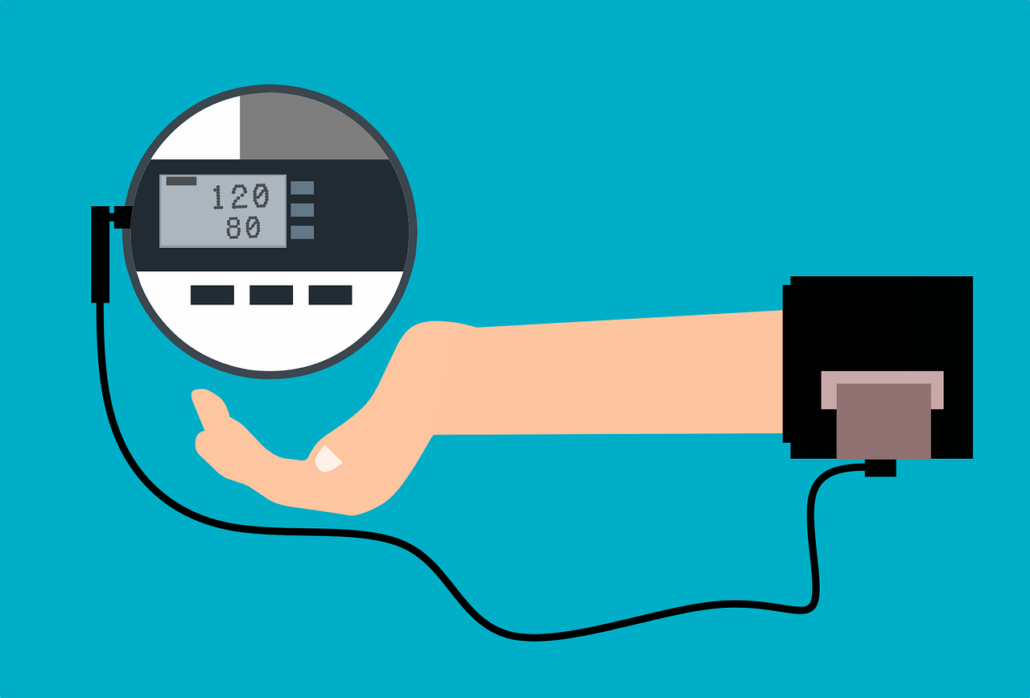You and your partner may be living together in a room together or sharing a closet. But are you ready for moving in together? If you are still unsure, read these signs and avoid the pitfalls. If you are still in a relationship, moving in together is a good idea. Listed below are some of the signs you should look for. If you aren’t sure, try sleeping together for at least a month before moving in together.
Do you know your partner before moving in?
One of the most important things to do before you move in with someone is to get to know your partner’s lifestyle and values. While moving in together may seem like an easy task, there are some important aspects of a relationship that you need to understand before moving in with them. For example, you should discuss finances and your personal habits. You should also talk about how you plan to share your responsibilities. Do you share the same hobbies? What is your ideal amount of intimacy?
The next thing to think about is where you plan to live. You can either move in with your partner or stay in your own place. If you’re both comfortable with your home, then moving in together might be the best option for you. However, if you’re in a lease or have a mortgage together, it may be a good idea to find a new place together. Many couples choose to move in together after they’ve established a relationship and have a clear sense of what they want from their relationship.
When it comes to finances, you should discuss your budget before moving in together. This way, you can set ground rules for how you’ll handle hosting guests and how you’ll accommodate their needs. Moreover, you’ll know whether you’ll need an extra room or a futon if you’re expecting guests to stay. This will also give you an idea of what type of room you’ll need, as well as whether you’ll need an air mattress for guests.
Knowing your partner’s personality is another essential aspect of moving in together. It’s important to know how your significant other responds to stress and what you’ll do to fix any disagreements. It’s impossible to ignore them once you’ve moved in together. You need to get to know them so you can have more meaningful conversations with them later. And the best thing is that moving in together brings you closer.
When it comes to finances, you should discuss the expected contributions of each person to household expenses before moving in together. This means you need to talk about your grocery budget and other expenses. The length of showers and unexpected costs should also be discussed. Knowing these details ahead of time will help you avoid arguments and harboring resentment in the future. Luckily, it doesn’t have to be awkward. You can set up an account that’s equal to your partner’s.
Do you know your partner before moving in? Discuss what your expectations are and whether you’re willing to work on them before moving in together. There are many differences between dating and living together. The benefits of dating are that you can make up when you want to see your partner or when you don’t. If you have a misunderstanding about expectations, living together might end up being a disaster. Fortunately, it’s possible to get a better understanding of each other by taking these steps before moving in together.
Signs that you’re ready to move in together
Living together is a major life and relationship decision. If you’re in love with your partner, you might be getting “this is the one” feelings. However, before you make the leap to live together, you need to make sure that the relationship is ready for the transition. Here are a few signs that you’re ready to move in together. You’re practically living together, you wake up cuddled up in each other’s bed, and your partner has more than a pair of clothing in their apartment.
If you’ve been spending a lot of time together, then you’re probably ready to move in together. You should be excited about the idea and have a clear understanding of the future. Discuss your finances and other important financial decisions with each other. This way, you won’t drift apart once you’re living together. If you don’t share a similar vision for your future, you’ll probably drift apart.
Living together is a big step for a relationship, and moving in together is a huge step. Before making this huge commitment, make sure that you’re both ready to share space and responsibilities. After all, you want to be able to wake up next to the person you love every day. Make sure that your relationship is strong enough to move in together, and don’t let peer pressure push you.
The next sign that you’re ready to move in together is your desire for intimacy. Your partner is the one who satisfies your needs in terms of cleanliness, decor, and privacy. Giving up your privacy is a sacrifice, but it shouldn’t be a big deal. Some couples move in together before defining their relationship. But couples who set clear boundaries on social media are often ready to move in together.
If your partner is not comfortable discussing financial matters, you’re not quite ready to move in together. It’s essential to have an open conversation about finances before moving in together. The more you trust each other, the more likely you’ll be successful in the long run. However, if you’re still in the early stages of a relationship, it’s best to wait until the relationship is better.
Despite these signs, it is crucial to remember that fights are a normal part of a relationship. Whether you’re arguing about a child or a major disagreement, knowing how to resolve these conflicts and not argue with each other is an important part of cohabitation. It’s important to be able to share secrets and maintain an open dialogue. If your relationship is not mature enough for this, you should reconsider your relationship.
As much as possible, you should have a life outside of your relationship with your partner. This means that you should be able to enjoy your time alone as well as with each other. While living together can be a great deal of fun, it’s also important to be realistic about what the future holds. You should be able to live together with less stress and risk, and you should feel comfortable with your partner’s flaws before moving in together.
Signs that you’re not ready to move in together
Moving in together is not the best decision for a couple for many reasons. It can be a pressure to prove yourself to your partner, family, or friends, or it can be to save money. In some cities, such as New York, renting a place for a couple is more expensive than buying it and paying rent. In such cases, it’s best to wait until the honeymoon phase has passed and the potential of the relationship has been proven.
There are many signs that you’re not ready to move in with your partner. Some of these signs are observable and easy to talk about. Others can require more abstract thought. Here are some of the biggest signs that you’re not ready to move in together:
Moving in with your partner is a big step for any relationship. Make sure you’re both ready before making the move. Whether you’re living in the same apartment or separate bedrooms, you’ll need to spend time getting to know each other. If you’re fighting constantly or can’t agree on anything, you probably aren’t ready to move in together. If you’re still not sure, read on for some signs to help you decide whether or not moving in together is a good idea.
Living together requires sharing your space. If you’re territorial about each other’s space, you should wait until your differences have been resolved. Also, if you’re scared of the future, you might want to wait. If you’ve never been through adversity, moving in together may not be the right decision. You may want to talk about your living arrangements and your time management.
Living together gives you the opportunity to get to know your partner better. Moving in together will require some adjustment and sacrifice, but it can be a great way to build intimacy. Moving in with someone who you don’t know well will require you to compromise your own safety. If you’re scared of their behavior, wait until you’re more comfortable. Eventually, you’ll get to know each other better and build a solid relationship.
Fighting is a normal part of a relationship. The two of you should discuss how you handle disagreements and learn to respect each other’s boundaries. If you’re fighting constantly, you may not be ready to move in together. A relationship can be stressful, so it’s important to make sure you’re both mentally and emotionally prepared. You’ll have to adjust your personal beliefs if you want to live together.
Before moving in together, discuss financial responsibility. You and your boyfriend must be able to agree on how you’ll split chores, schedules, and childcare. If you’re not financially stable, you must figure out how you’re going to pay for each other’s portion of the rent. If you’re already living in separate houses, it’s even more important to decide on how you’re going to split the money.


















